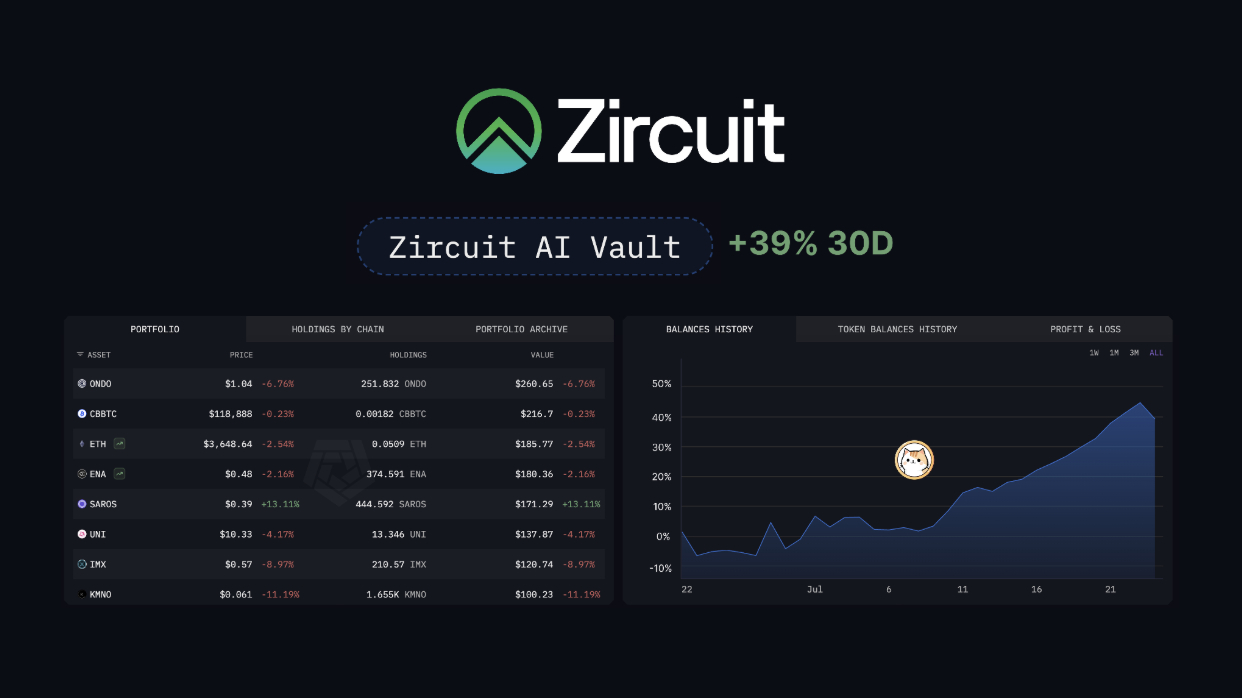Key Points:
- Vitalik Buterin’s view on privacy is released amid global government use of facial recognition.
- He warns of diminishing privacy in physical spaces and stresses the need to strengthen online privacy protections.
- Buterin criticizes FISA Section 702 renewal, citing concerns for privacy and crypto industry implications.
Ethereum co-founder Vitalik Buterin has issued a plea for support in championing online privacy following alarming reports on global governmental use of facial recognition technology.

Vitalik Buterin’s View On Privacy: Support Needed for Online Privacy Advocacy
Reacting to a Rest of World publication, Buterin highlighted the widespread adoption of facial recognition systems by government agencies in 78 countries, as revealed by researcher Steven Feldstein.
Buterin’s view on privacy in physical spaces emphasized the importance of enhancing online privacy as a means to restore balance. He urged his followers to rally behind the cause, citing it as one of the few tools available for preserving privacy.
Buterin’s advocacy for online privacy is rooted in his long-standing grievances on the matter. Previously entangled in debates about privacy on the Ethereum network, Buterin has deliberated on whether Ethereum should provide inherent transaction privacy. He noted potential trade-offs between privacy and network scalability, stressing the need for substantial enhancements in privacy protections to maintain trust within the crypto community.
Buterin Challenges FISA Section 702 Renewal
Moreover, Buterin publicly criticized the renewal of FISA Section 702, expressing concerns about its implications for privacy and the cryptocurrency sector.
Despite efforts by some Senate members to strengthen personal data protection, the renewal was passed with a 60-34 vote, extending the legislation for two years. Buterin’s view on privacy resonates amidst growing governmental oversight and potential ramifications for the crypto industry.
| DISCLAIMER: The information on this website is provided as general market commentary and does not constitute investment advice. We encourage you to do your own research before investing. |























